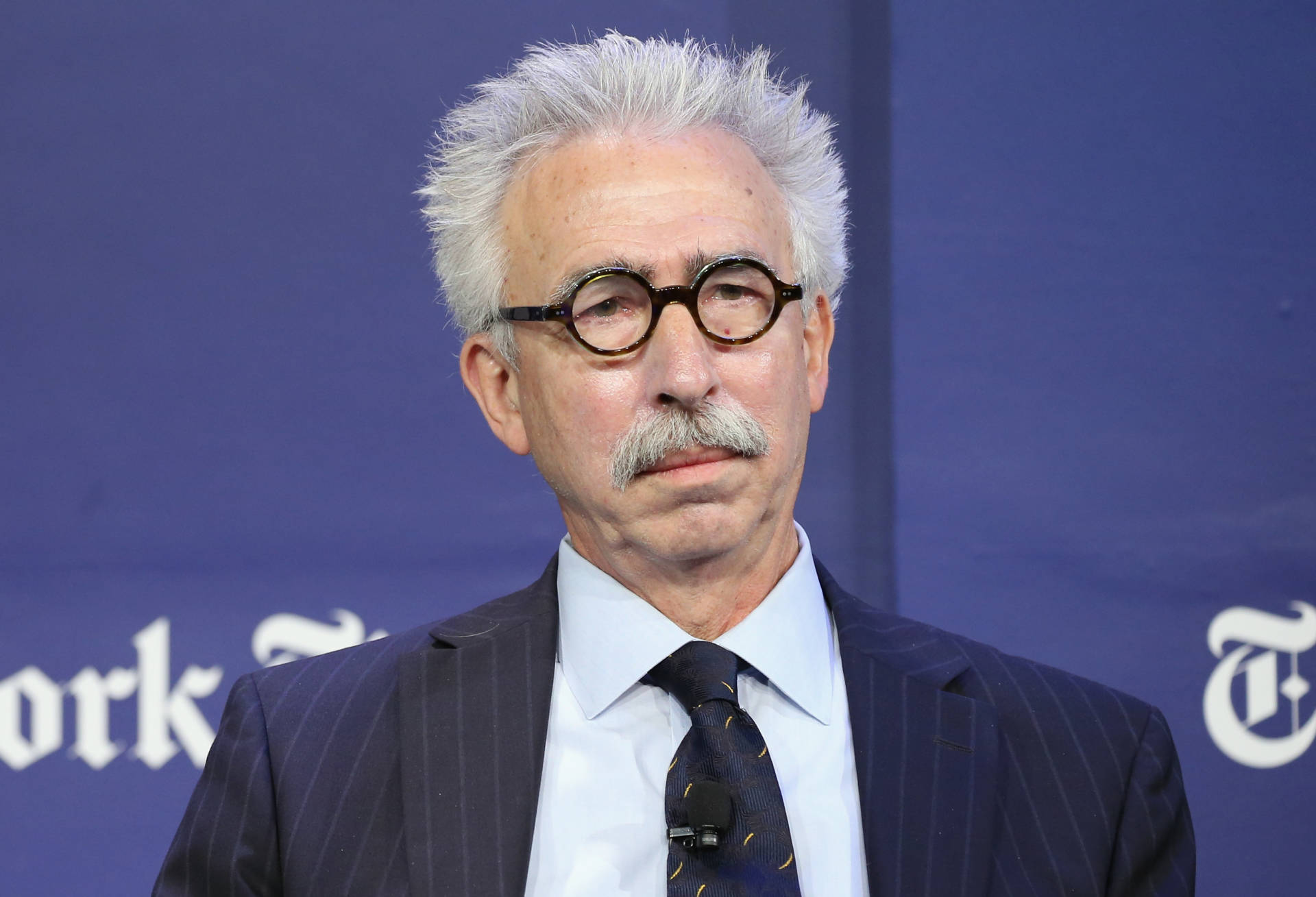
Austria's Chancellor Karl Nehammer Announces Resignation Amidst Government Formation Impasse
In a significant political development, Austrian Chancellor Karl Nehammer has announced his resignation, further complicating the ongoing government formation impasse. This news has sent shockwaves through Austria's political landscape and raised concerns about the stability and future direction of the country.
Background to the Impasse
Following the parliamentary elections in September 2022, the conservative Austrian People's Party (ÖVP) emerged as the largest party, but fell short of a majority. The other major parties, the Social Democratic Party (SPÖ), the Freedom Party (FPÖ), and the Greens, have been unable to agree on forming a coalition government.
Nehammer, who became Chancellor in December 2021, has faced significant challenges in trying to form a stable government. The parties have been divided over key issues such as tax policy, immigration, and climate change. Despite extensive negotiations, no workable solution has been reached, leading to a political stalemate.
Reasons for Nehammer's Resignation
In his resignation announcement, Nehammer cited the "unresolvable differences" between the parties as the primary reason for his decision. He expressed frustration with the lack of progress and the inability to find common ground.
Nehammer also acknowledged the personal toll the impasse had taken on him. He stated that he had "reached the limits of his strength" and that he needed to step back to "recharge and focus on his family."
Perspectives on the Resignation
Nehammer's resignation has been met with mixed reactions. Some commentators have expressed support for his decision, arguing that it was a necessary step to break the deadlock. Others have criticized his move, suggesting that it further destabilizes the government and undermines public trust.
The political leaders of the other parties have expressed regret over Nehammer's resignation. They acknowledged the challenges he faced but also emphasized the need to continue working towards a government formation. The President of Austria, Alexander Van der Bellen, has called for a swift resolution to the impasse and has urged the parties to find a way to compromise.
Implications and Future Prospects
Nehammer's resignation is likely to have significant implications for Austria's political future. The government formation impasse has now entered a new phase, with no clear path forward. The parties will need to find a way to overcome their differences if they want to avoid a prolonged period of political instability.
The resignation also raises questions about the future leadership of the ÖVP. Nehammer was seen as a potential long-term leader of the party, but his departure has created a void. The ÖVP will now need to select a new leader who can bring the party together and restore stability.
Conclusion
Austria's Chancellor Karl Nehammer has announced his resignation, intensifying the ongoing government formation impasse. The resignation has sparked mixed reactions and raised concerns about the future stability and direction of the country.
The political parties involved in the negotiations face a challenging task in finding a way to overcome their differences and form a stable government. The future leadership of the ÖVP is also in question following Nehammer's departure.
The events in Austria serve as a reminder of the complexities and challenges of coalition governments and the importance of finding common ground to ensure political stability and effective governance.
Post a Comment